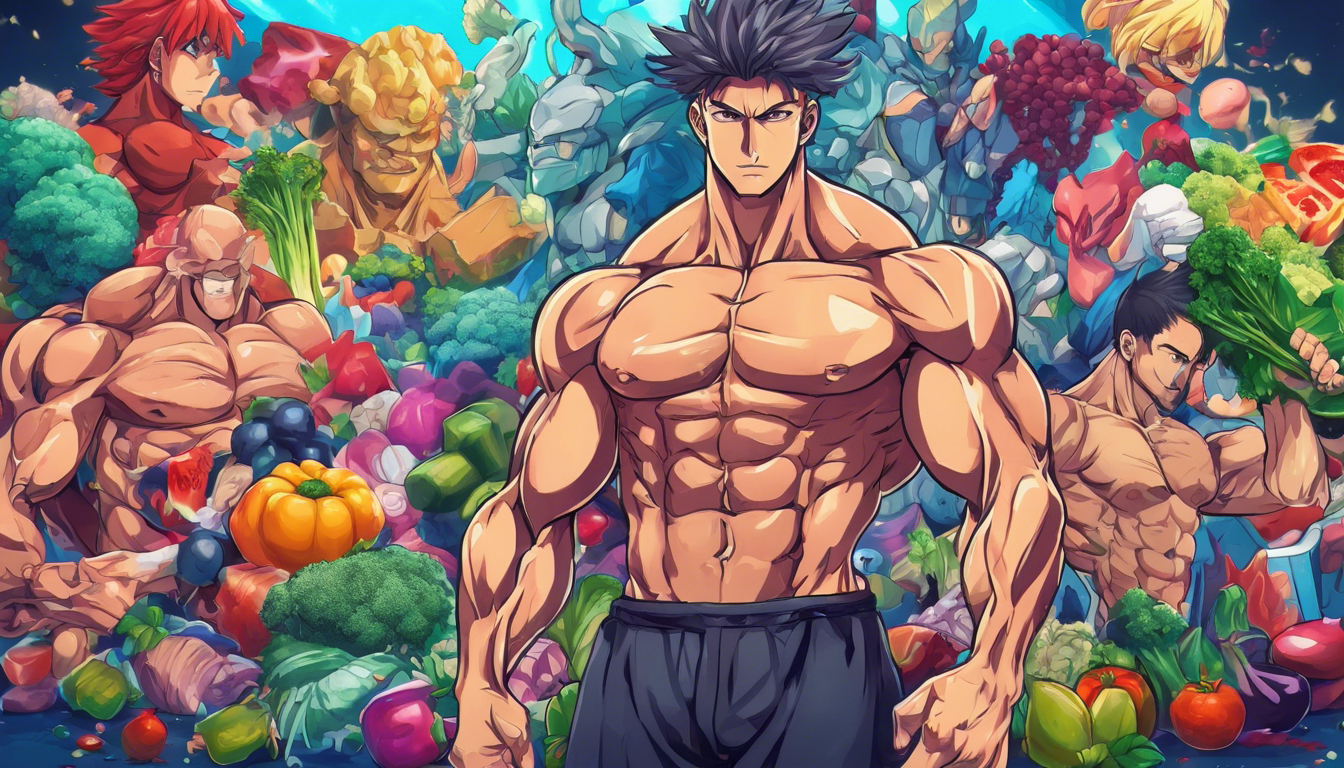
Veganism has become increasingly popular in recent years, with more people opting for a plant-based diet for various reasons such as ethics, health, and environmental concerns. However, when it comes to building muscles, there are many myths and misconceptions surrounding the vegan diet. In this article, we will debunk common myths about veganism and muscle building, and provide factual information to give you a better understanding of the realities of a vegan diet.
Myth 1: Vegans Lack Sufficient Protein for Muscle Building
One of the most common myths about the vegan diet is that it lacks sufficient protein for muscle building. However, this couldn’t be further from the truth. While it is true that animal products are high in protein, there are plenty of plant-based protein sources that can provide all the essential amino acids needed for muscle growth and repair.
Fact: Legumes such as lentils, chickpeas, and black beans are excellent sources of plant-based protein. Additionally, tofu, tempeh, seitan, and edamame are great options for vegans looking to increase their protein intake. Quinoa, hemp seeds, chia seeds, and spirulina are also fantastic sources of plant-based protein.
Myth 2: Vegans Don’t Get Enough Calcium
Some people believe that because vegans don’t consume dairy products, they don’t get enough calcium for bone health and muscle function. However, there are plenty of plant-based sources of calcium that can adequately meet the recommended daily intake.
Fact: Leafy green vegetables like kale, broccoli, and bok choy are rich in calcium. Other plant-based sources of calcium include fortified plant milk, tofu made with calcium sulfate, almonds, sesame seeds, and fortified orange juice. By incorporating these foods into a vegan diet, people can easily meet their calcium needs.
Myth 3: Plant-Based Diets are Deficient in Essential Nutrients
Another common misunderstanding is that a vegan diet lacks essential nutrients such as iron, zinc, and vitamin B12. While it can be more challenging for vegans to obtain these nutrients, it is not impossible with proper planning and food choices.
Fact: Iron can be found in plant-based sources such as lentils, tofu, dark chocolate, spinach, and fortified cereals. Zinc can be obtained from legumes, whole grains, nuts, and seeds. Vitamin B12, which is predominantly found in animal products, can be supplemented through fortified foods or B12 supplements.
Myth 4: Vegans Are Weak and Lacking in Energy
Some people believe that people following a vegan diet lack the strength and energy needed for intensive muscle building workouts. However, numerous vegan athletes and bodybuilders have proven this myth wrong.
Fact: A well-planned vegan diet can provide all the necessary macronutrients and vitamins needed for optimal performance. Carbohydrates from whole grains, fruits, and vegetables provide energy, while healthy fats from sources like avocados, nuts, and seeds support overall health. Plant-based sources of protein provide the building blocks for muscle growth and recovery.
Myth 5: Vegan Diets are Boring and Restrictive
Some people believe that a vegan diet is limited and lacking in flavor, making it difficult to adhere to while trying to build muscle. However, with creativity and knowledge of plant-based alternatives, a vegan diet can be just as diverse and exciting as any other.
Fact: Vegan diets open up a whole new world of flavors and ingredients. There are countless recipes and cooking techniques that celebrate the versatility of plant-based foods. From protein-packed chickpea curries to hearty lentil stews and vibrant vegetable stir-fries, there is no shortage of delicious and nutritious options.
Veganism and muscle building are not mutually exclusive. A well-planned and balanced vegan diet can provide all the necessary nutrients for muscle growth, strength, and overall health. By incorporating a variety of plant-based protein sources, calcium-rich foods, and essential supplements, vegans can thrive in their fitness journey. So put aside these myths and embrace the power of plants!